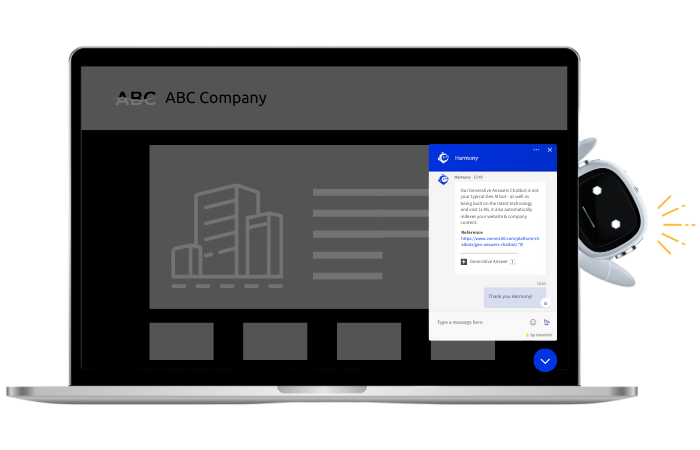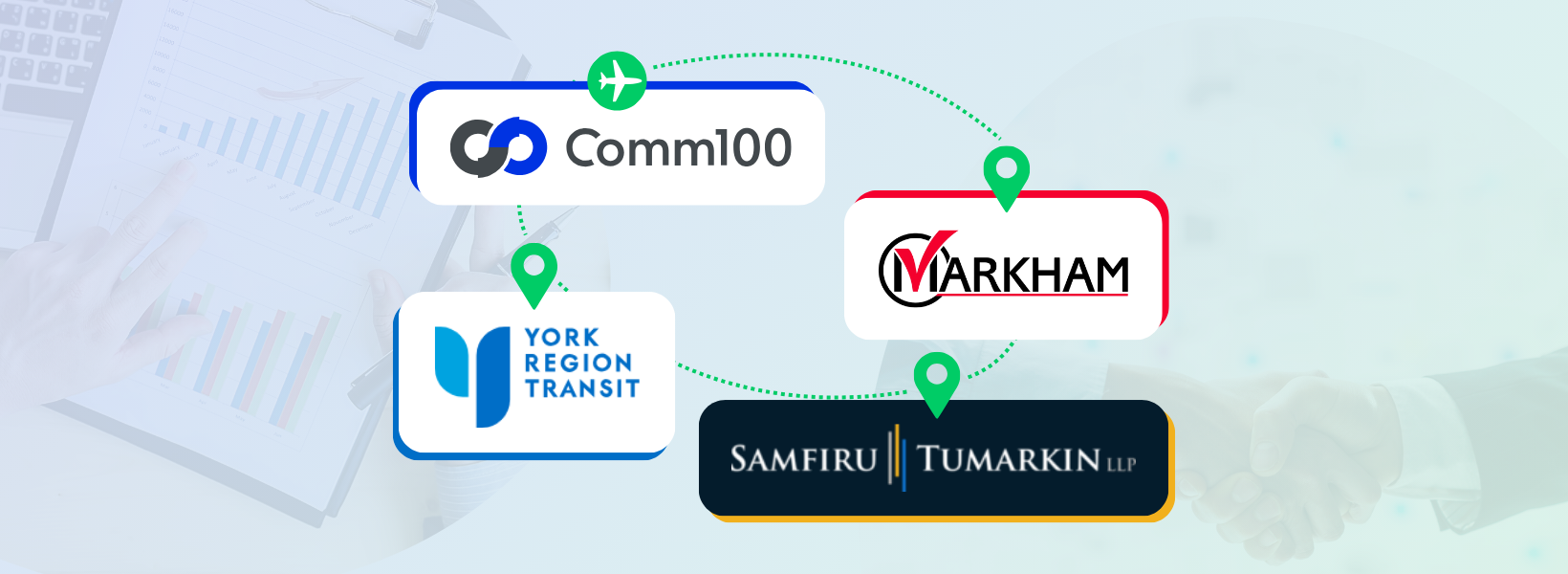In today’s digital age, there is no industry that artificial intelligence (AI) hasn’t dramatically affected. ChatGPT, an advanced language model, is the latest AI tech to make its mark around the world, and it has the potential to transform higher education – for good and for bad.
While there are dangers to ChatGPT, there are also many ways that it can be used to schools’ advantage. This article explores the benefits that ChatGPT can offer to colleges and universities, enhancing support, teaching, learning, and administrative processes.
The AI Chatbot That Talks Like You
Find out how your school can use Generative AI to improve support capacity and student satisfaction – with control, accuracy, and reliability.
Discover more
Solution
Enhancing student engagement and support
With ChatGPT, higher education institutions can provide students with personalized and interactive learning experiences. The chatbot-powered system can answer student queries, provide instant feedback, and offer guidance on assignments and projects. Through natural language processing, ChatGPT can understand and respond to student inquiries, fostering a more engaging and supportive environment.
Facilitating distance learning
The COVID-19 pandemic has accelerated the adoption of remote learning. ChatGPT can play a pivotal role in facilitating distance education. It can provide real-time assistance to students attending virtual classes, offer clarification on course materials, and guide them through complex concepts. The interactive nature of ChatGPT can create an immersive virtual classroom experience, enabling students to receive immediate feedback and support regardless of their physical location.
Personalized learning pathways
Every student has unique learning needs and preferences. ChatGPT can analyze individual student profiles, identify their strengths and weaknesses, and recommend tailored learning pathways. By leveraging the vast number of educational resources available online, ChatGPT can curate personalized content, suggesting relevant readings, videos, and exercises. This personalized approach enhances student engagement, fosters independent learning, and maximizes the effectiveness of educational materials.
Streamlining administrative processes
Higher education institutions face numerous administrative challenges, such as student inquiries, admissions processes, and course registrations. ChatGPT can streamline these processes by automating routine tasks and providing instant responses to frequently asked questions. With a bot handling these common queries without any human involvement, agents have more time to focus on other tasks, or more complex inquiries that require more attention. Additionally, ChatGPT can generate reports, analyze data, and assist in decision-making processes, optimizing administrative efficiency.
Supporting language learning
For international students, language barriers can pose significant challenges. ChatGPT can act as a language tutor, helping students improve their language skills through conversational practice. By engaging in dialogue with ChatGPT, students can enhance their vocabulary, grammar, and pronunciation. This interactive language learning experience supplements traditional language courses, providing students with additional support and practice opportunities.
Wrap-up
ChatGPT represents a game-changing technology for higher education colleges and universities, and yet it still has many potential dangers. It creates opportunities for misinformation, bias, and even data breach.
To avoid these threats, but take advantage of ChatGPT’s many benefits, consider adopting an AI chatbot. Schools around the world, from San Jose university to Open University, are using AI chatbots to improve student support, boost efficiency, and improve student success.
To learn how to introduce your own AI chatbot into your school or team, get in touch with Comm100 today, or see how schools are using Comm100 Chatbots.
Ready to try out chatbots?
Book a 30-min, obligation-free demo with our chatbot specialists to find out how you could adopt bots.
Request a demo
Request Demo







